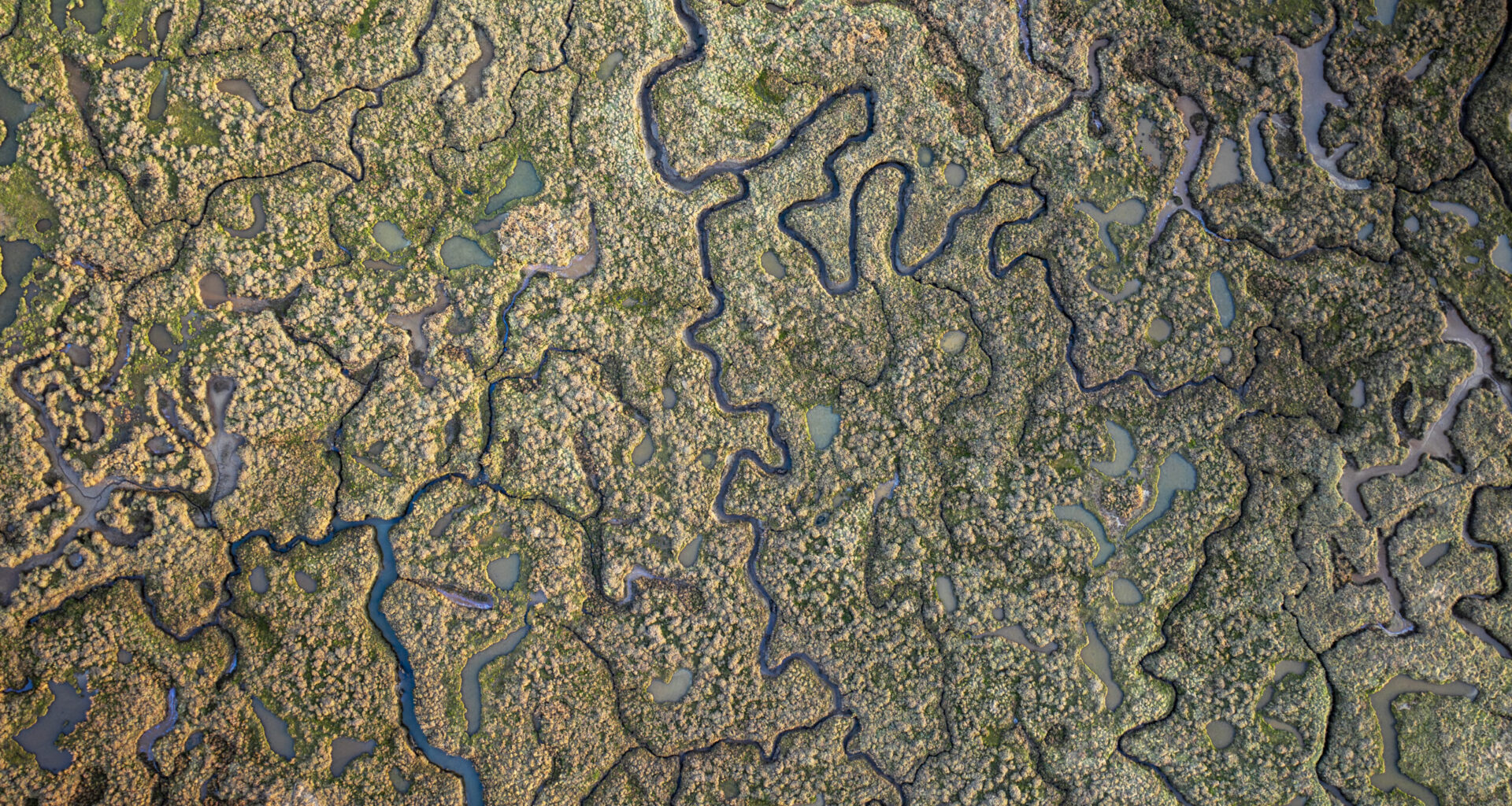Saltmarsh decline over the last century has been shaped by human influence. As coastlines were transformed to feed, house and connect growing populations, saltmarshes were among the first casualties. They were drained, diked and reclaimed – turned into farmland, shrimp ponds, ports or cities.
However, with the right support, these saltmarshes could be recovered. In parts of the United States, northwest Europe, China, and Australia, saltmarshes have shown signs of recovery.
Fiona Ball, Group Director Bigger Picture and Sustainability at Sky, said: “Our partnership with WWF continues to play an important part in our work to protect and restore nature and biodiversity in the UK, which we know are critical in tackling climate change and supporting a sustainable, low carbon world.
“Given the potential of saltmarshes to sequester carbon and serve as natural flood defences, and the role of the UK as home to one of the largest saltmarshes in Europe, we’re delighted to be helping WWF raise awareness for saltmarsh conservation.”
The report has recommended that governments now elevate saltmarshes in their national climate and nature plans and invest in their recovery. It also acts as a platform for raising the visibility of saltmarshes when it comes to conversations around climate change and calls on world leaders to integrate saltmarshes into their global goals for the ocean.
Saltmarshes are natural climate buffers. They absorb wave energy, reduce erosion and store carbon at rates faster than forests, making them vital allies in the race to a net-zero world.
They are also biodiversity strongholds, home to rare and migratory species, nurseries for fish and vital stopovers for birds, linking land, sea and sky in webs of life that few other ecosystems can rival.
Maddie Millington-Drake, Senior Climate Project Manager at the Blue Marine Foundation said: “Saltmarshes have been overlooked for far too long, despite being among the most effective ecosystems for locking away carbon, buffering coastlines, and supporting biodiversity. This report shows we’re losing them faster than forests, and that loss comes at a high cost. But it also makes clear that recovery is within reach.
With coordinated global action, saltmarshes could be one of this decade’s leading nature-based success stories. Blue Marine Foundation is proud to support this report and the wider effort to turn the tide. Protecting these habitats isn’t just an environmental responsibility, it’s a smart, scalable response to the climate and coastal resilience crises we face.”
Click here for more from the Oceanographic Newsroom.
